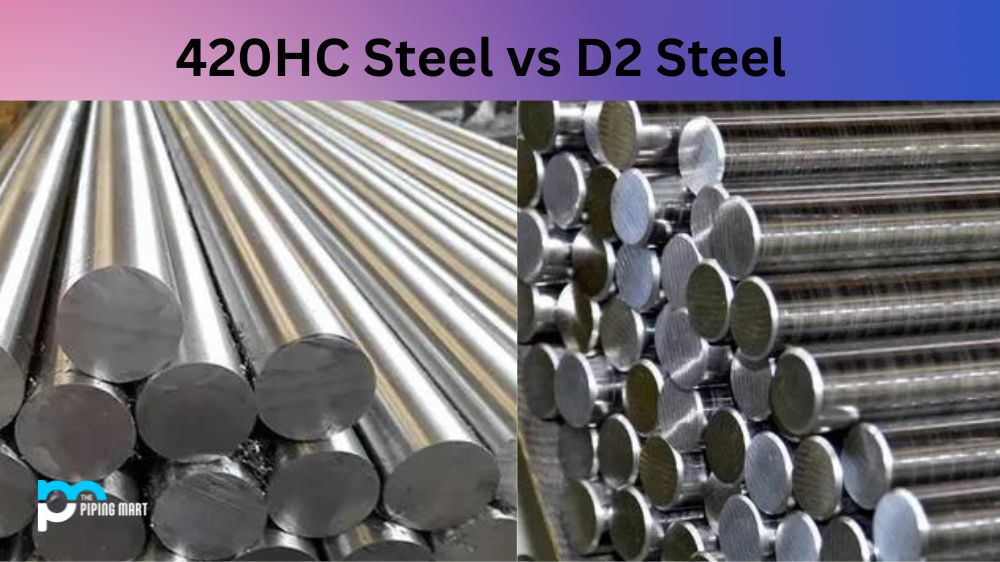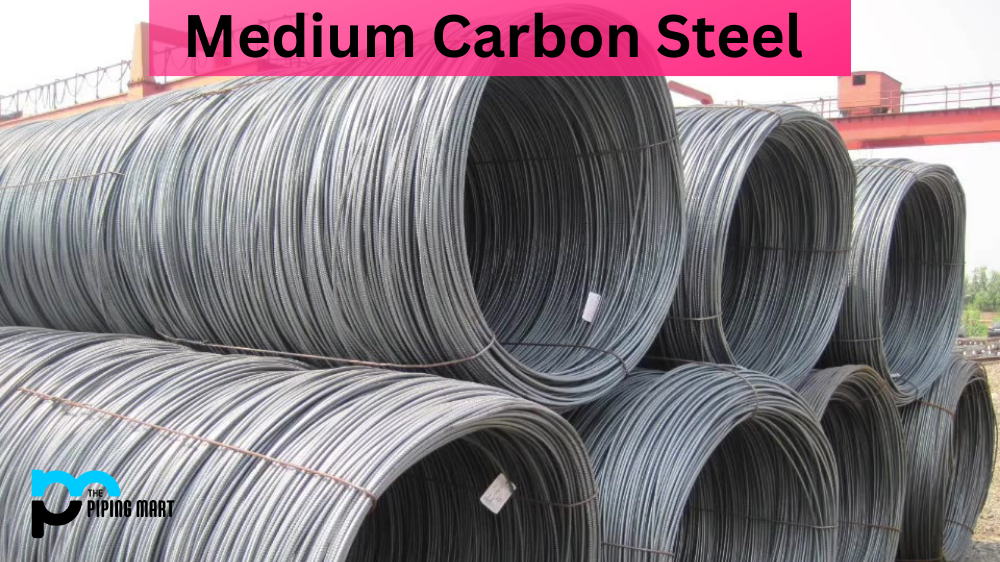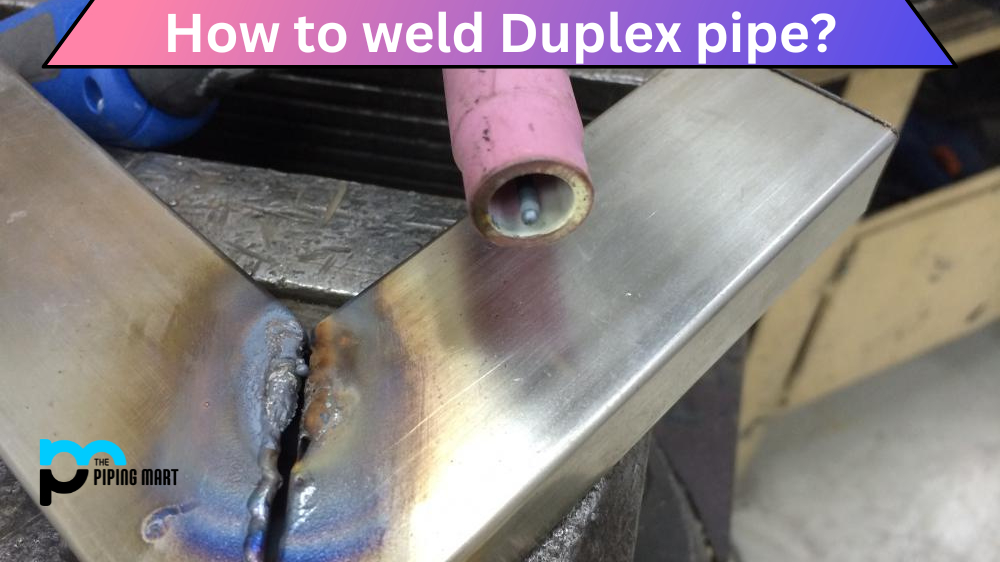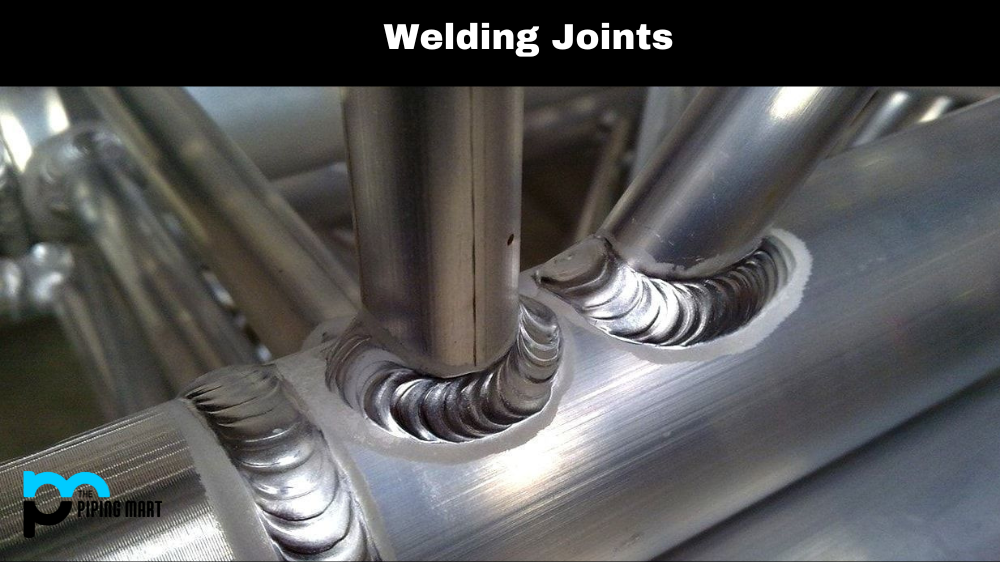Regarding steel knives and blades, an overwhelming number of options are available in the market. Each type of steel has unique properties and advantages, from stainless steel to carbon steel. Two of the most popular steels used in knives and blades are 420HC steel and D2 steel. While both are high-quality materials, there are some key differences between them. In this blog post, we’ll explore the difference between 420HC steel and D2 steel so that you can choose the best steel for your knives and blades.
What is 420HC Steel?
420HC steel is a stainless steel alloy with high carbon content and excellent hardness. It can be heat-treated to reach a Rockwell hardness of 58, making it one of the hardest knife steels available today. Its corrosion resistance and edge-holding capabilities make it an ideal choice for quality knives and tools.
What is D2 Steel?
D2 steel is a high-carbon, high-chromium, air-hardening tool steel. It has excellent wear resistance and good dimensional stability in heat treatment and offers a good combination of toughness and strength/hardness. It has excellent machinability and can be ground to a very fine finish. D2 steel is mainly used in knives, axes, chisels, punches and dies, and many other cutting applications.
Difference Between 420HC Steel and D2 Steel
Chemical Composition
420HC steel is a type of stainless steel that contains 13% chromium, which gives it excellent corrosion resistance. It also contains 0.45% carbon, which makes it durable and tough. On the other hand, D2 steel is a high-carbon, high-chromium tool steel that contains 1.5-2.35% carbon and 11-13% chromium. This makes D2 steel tougher than 420HC steel and gives it excellent wear resistance.
Toughness and Durability
The toughness and durability of a steel knife depend on several factors, including the quality of steel used. 420HC steel has a good balance of toughness and durability, making it ideal for everyday use. It’s easy to sharpen and holds an edge well, but it’s easier than D2 steel. D2 steel, on the other hand, is very hard and durable, making it ideal for heavy-duty applications. However, it can be brittle and difficult to sharpen.
Edge Retention
Edge retention refers to the ability of a blade to keep its sharpness even after extended periods of use. D2 steel has excellent edge retention, which means it can hold its edge longer than 420HC steel. This makes it ideal for applications where a sharp blade is essential, such as hunting and outdoor activities. 420HC steel also has good edge retention, but D2 steel is better.
Price
The price is another important factor when choosing between 420HC steel and D2 steel. 420HC steel is generally less expensive than D2 steel because it’s easier to manufacture. It’s also commonly used in everyday knives, which makes it more affordable. On the other hand, D2 steel is a premium material that’s more expensive due to its high-quality properties and manufacturing process. It’s commonly used in high-end knives and blades.
Maintenance
Both 420HC and D2 steel require maintenance to keep them in good condition. However, the maintenance requirements for each type of steel are different. 420HC steel is more corrosion-resistant, requiring less maintenance to prevent rust. However, it’s prone to staining, which means it needs to be wiped clean after use. D2 steel has a higher carbon content, which makes it more prone to rust and corrosion. It requires regular cleaning and oiling to prevent rust and maintain its sharpness.
Conclusion:
To sum up, both 420HC steel and D2 steel are high-quality materials with unique properties and advantages. 420HC steel is a good all-around steel that’s affordable and easy to sharpen, making it ideal for everyday use. On the other hand, D2 steel is a premium material that’s hard, durable, and has excellent edge retention, making it ideal for heavy-duty applications. When choosing between the two, consider your needs, budget, and maintenance requirements to choose a steel that meets your requirements.

A passionate metal industry expert and blogger. With over 5 years of experience in the field, Palak brings a wealth of knowledge and insight to her writing. Whether discussing the latest trends in the metal industry or sharing tips, she is dedicated to helping others succeed in the metal industry.




